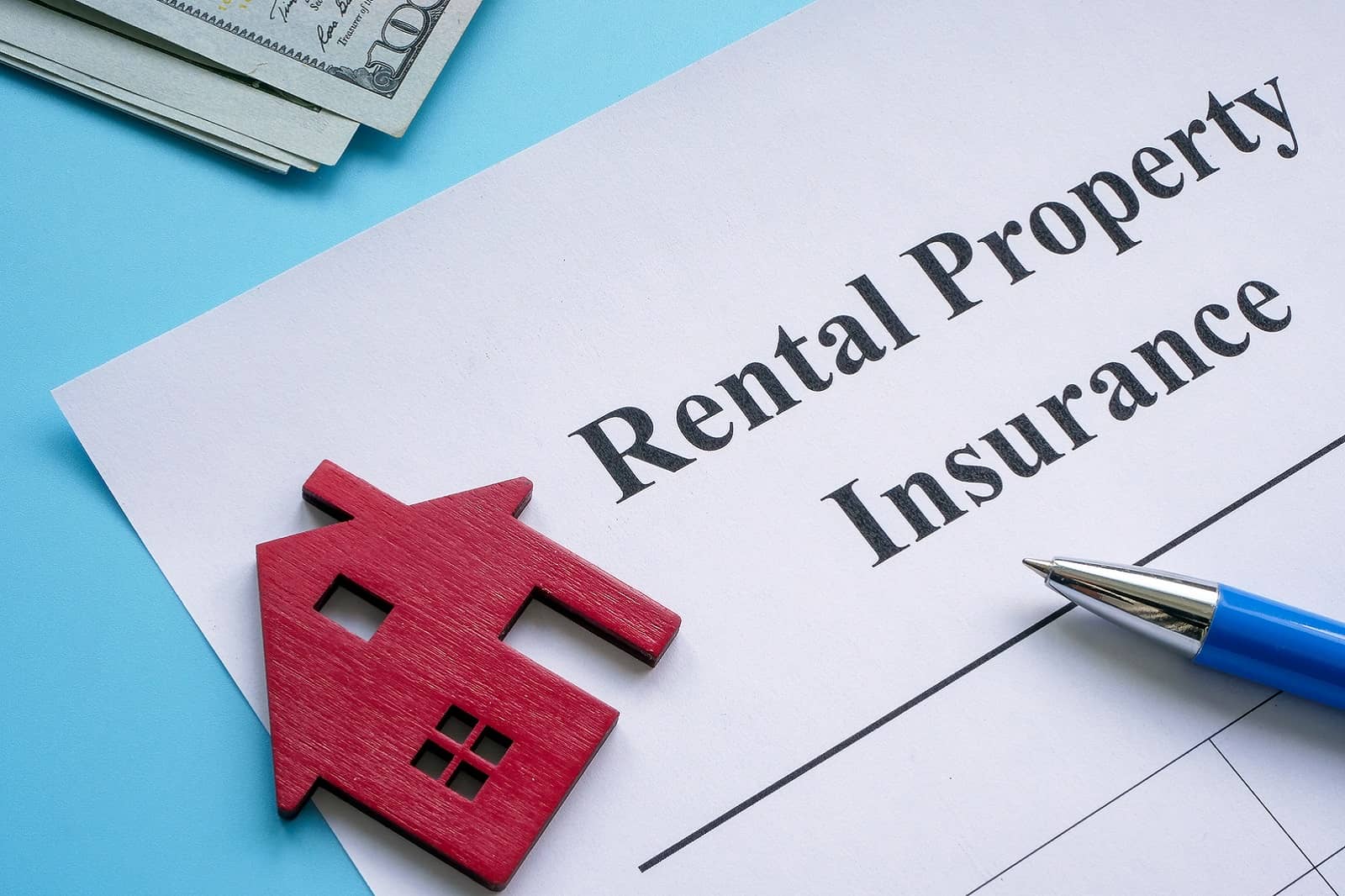Absolutely! Here’s a comprehensive 3000-word article on real estate investment property insurance, structured with `
` and `
` tags for clarity:
Investing in real estate can be a lucrative venture, but it comes with inherent risks. Protecting your investment property with the right insurance is crucial to safeguarding your financial future and ensuring long-term profitability. This article delves into the intricacies of real estate investment property insurance, covering essential coverages, factors influencing premiums, and strategies for optimizing your policy.

Investment property insurance, also known as landlord insurance, is a specialized policy designed to protect properties rented or leased to tenants. It differs significantly from standard homeowners insurance, which is intended for owner-occupied residences.
Key Differences Between Homeowners and Investment Property Insurance
Liability Coverage:
Coverage for Loss of Rental Income:
Coverage for Tenant Belongings:

A comprehensive investment property insurance policy should include the following essential coverages:
Dwelling Coverage
This coverage protects the physical structure of the property, including walls, roof, floors, and built-in appliances, against damage from covered perils such as fire, windstorms, hail, and vandalism.
Liability Coverage

Liability coverage protects you from financial losses if someone is injured on your property or if you are held liable for property damage.
Loss of Rental Income Coverage
Also known as loss of rents coverage, this protects you from lost rental income if the property becomes uninhabitable due to a covered peril.
Other Structures Coverage
This coverage protects detached structures on your property, such as garages, sheds, and fences.
Optional Coverages to Consider
Ordinance or Law Coverage:
Equipment Breakdown Coverage:
Vandalism and Malicious Mischief Coverage:
Several factors can affect the cost of your investment property insurance premiums:
Property Location
Properties located in areas prone to natural disasters, such as hurricanes, floods, or earthquakes, will typically have higher premiums.
Property Type and Age
Older properties or those with outdated wiring or plumbing may have higher premiums due to increased risk of damage.
Coverage Limits and Deductibles
Higher coverage limits and lower deductibles will result in higher premiums.
Claims History
A history of frequent or costly claims can lead to higher premiums or difficulty obtaining insurance.
Credit Score
Tenant Type
To ensure you have adequate coverage at a competitive price, consider the following strategies:
Shop Around and Compare Quotes
Obtain quotes from multiple insurance providers to compare coverage and premiums.
Bundle Policies
Increase Deductibles
Maintain Your Property
Regular maintenance can help prevent damage and reduce the risk of claims.
Install Safety Features
Review Your Policy Annually
Review your policy annually to ensure it still meets your needs and that your coverage limits are adequate.
Consider Specialized Policies
Short-Term Rental Insurance:
Vacant Property Insurance:
Flood Insurance:
In the event of a loss, it is essential to act quickly and efficiently to minimize damages and file a successful claim:
Document the Damage
Take photos and videos of the damage before making any repairs.
Contact Your Insurer Immediately
Report the claim to your insurer as soon as possible.
Work with Your Insurer’s Adjuster
Mitigate Further Damage
Take steps to prevent further damage, such as covering damaged roofs or boarding up broken windows.
Real estate investment property insurance is a critical component of successful property ownership. By understanding the essential coverages, factors influencing premiums, and strategies for optimizing your policy, you can protect your investment and ensure long-term profitability. Regularly reviewing and updating your insurance coverage is vital to keeping up with changing circumstances. Remember to shop around, compare quotes, and work with a reputable insurance provider to find the best policy for your needs. By taking these steps, you can safeguard your investment and enjoy peace of mind.
